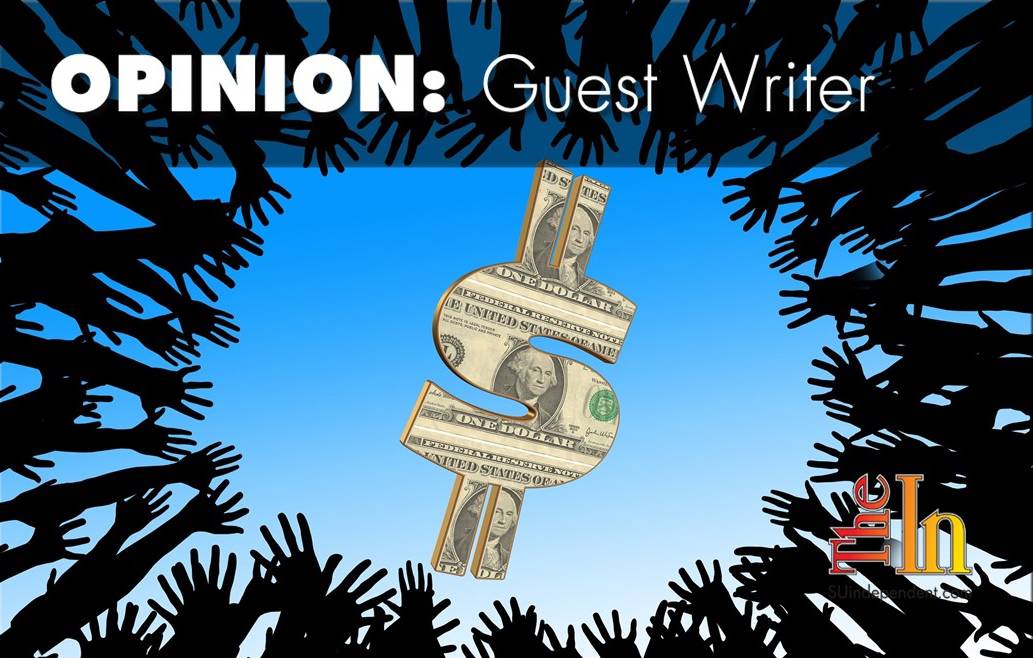 By DOVE Center
By DOVE Center
Financial abuse is something that is rarely talked about but is incredibly common. This insidious form of abuse involves exercising control over the finances of another person. Often, those who suffer from financial abuse rarely speak out since they might feel ashamed or trapped by their lack of control over, or access to, financial resources.
This type of abuse is also the No. 1 reason why domestic violence victims stay in an abusive relationship or return to one after having left. Financial abuse can take many forms, but here are a few examples of how abusers exert financial control.
No personal bank account
Financial abusers often prevent their victims from having a separate, personal bank account. This can become problematic if the victim tries to leave the relationship since his or her abuser can prevent her from accessing funds or seeking shelter where he or she can be safe.
All expenses are tracked
A financial abuser might track every penny of the victim’s spending, making his or her account for every purchase, and demeaning him or her for spending money on something not approved by the abuser. In many of these cases, the abuser can spend however he or she sees fit while the victim is forced to ask permission for purchases as small as a pack of gum.
Giving the victim an allowance
When a victim of financial abuse isn’t allowed to have his or her own job or is forced to hand over paychecks, he or she can wind up with an “allowance” that is controlled by the abuser. This can spiral into scenarios where the victim is not given access to enough funds to cover groceries, cell phone bills, gas, and other necessities. Declined credit cards at the cash register and a deactivated cell phone can easily become the result, further trapping the victim in the relationship.
Using the victim’s Social Security number to elevate debt
This is a common tactic to gain more control over a victim’s credit score. The abuser uses their victim’s Social Security numbers to open credit cards or loans, eventually ruining his or her credit and racking up debt that he or she cannot pay for alone. A ruined credit score can also affect the ability of the victim to rent or buy a home, purchase a cell phone, or in some cases get a job. Abuse like this can cause a victim to become trapped in a relationship — if the victim leaves, he or she likely faces poverty and even homelessness. In fact, The National Center on Family Homelessness reported in 2013 that 50 percent of homeless women cite domestic abuse as the immediate cause.
Sabotaging job opportunities
Financial abusers often sabotage their victim’s ability to get or hold down a job. They may prevent him her from arriving on time for work or a job interview, or they may show up at his or her place of employment to interrupt, harass, or intimidate, potentially causing the victim to be fired. This type of financial abuse can take many forms. In some cases, it can also involve forcing the victim to work for a family business for no pay. Without his or her own source of income, the victim is forced to rely on her abuser for money.
If you or someone you know is suffering from financial abuse, there is assistance available. Please click here or call (435) 628-0458 for help.
Articles related to “Speaking out about financial abuse”
BYU, rape, and allowing our thinking to evolve on the subject



